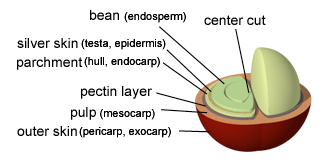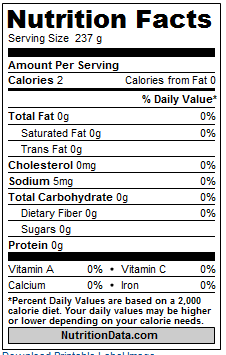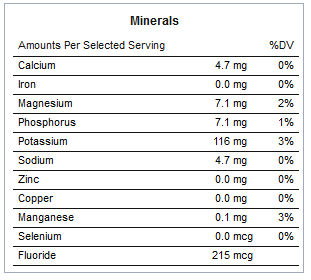The pros and cons of coffee…
 Yes, I am tackling the elixir of life, the cup of Joe, wake-up juice, coffee. It has many names and with the world consuming 145 million bags of coffee a year, it’s a subject that is near and dear to many of us, but where does it come from? Is it really good for us? How much should we be drinking daily, and who should we buy it from? Well, let’s take a look, shall we?
Yes, I am tackling the elixir of life, the cup of Joe, wake-up juice, coffee. It has many names and with the world consuming 145 million bags of coffee a year, it’s a subject that is near and dear to many of us, but where does it come from? Is it really good for us? How much should we be drinking daily, and who should we buy it from? Well, let’s take a look, shall we?
What is coffee?
We all know the beans are roasted and either sold pre-ground or whole, depending on our preferences. It can be ground to a find powder for espresso or made courser for more conventional brewing machines, but did you know it comes from a cherry?

To your left is a coffee cherry, yes, I said cherry. Within the cherry are the beans we all know and most of us love. The beans are the endosperm of the cherry, or the nutrition the cherry needs to make another coffee plant. This is the part that is extracted, roasted, and sometimes ground for consumption after brewing.
Is it really good for us?
Well, seeing how it is the nutrient rich portion of the plant, it should be, but here are some raw facts based on an 8-ounce cup:

This is for a cup of black coffee made with tap water (I know, scandalous.), to keep it simple. If you add cream, creamer, or sugar, you will change the basic nutritional value. As we can see, at a glance, it doesn’t really have any nutritional value to speak of, but this isn’t the whole picture.
It does have some minerals in it that are beneficial to us, but they are in small amounts. It has calcium, magnesium, potassium, and sodium, to name a few.

If you want the full break down, click here. There is a lot more to coffee than we get by just reading the facts on the label. Oh, the fluoride? That would be from the water, and that number is different depending on the country and region.
The pros
Now, we’re getting to it. How good is coffee for us, really?
Coffee and the big “C”
Coffee has a phytogenic compound in it called Chlorogenic acid. This compound is currently undergoing research on how it can reduce the risk of some cancers, and the research that has surfaced is promising. It acts like an antioxidant. There is also Caffeic acid which has been shown in tests to make cancer cells self-destruct. (aicr.org) Liver, Colorectal and Breast Cancer are the three cancers are the ones that coffee has shown the most promise in helping to prevent. It may even prevent endometrial cancer.
Coffee and Alzheimer’s
This is on a case-by-case basis. Studies on this have come up with a mixed bag with the majority of studies saying that it won’t make dementia worse and may even protect your brain from further decline. (alzdiscovery.org)
Coffee and Parkinson’s
There are signs of hope for those predisposed or are suffering the early stages. This study shows that the risk is lower from moderate coffee intake, moderate being 1-3 cups a day. There is another study that the effectiveness of coffee, particularly the caffeine, relies upon the gene GRIN2A and the gene’s variants.
coffee and diabetes
Webmd has found that drinking 2-4 cups a day can decrease your chances of getting Type 2 Diabetes, but they can’t pinpoint if it’s the caffeine content or the antioxidants. The newest article I could find was two years old; so, I would say the jury is still out that one.
coffee has a dark side-the cons.
I would be remiss if I did not point out the cons of this beverage.
Coffee and Anxiety disorders
In many cases, it has been proven the caffeine in coffee can make anxiety disorders worse, even triggering episodes in some cases.
Coffee and pregnancy
It isn’t generally recommended that an expectant mother drink more than three cups a day to avoid complications during pregnancy.
coffee and calcium deficiencies
If you are prone or are suffering from calcium deficiency, it is not recommended that you partake in drinking coffee as the caffeine can deplete the calcium content in your bones.
Buyer beware
Not all countries you get your coffee from practice sustainable or safe practices for harvesting or growing plants. Buying organic can save you the extra pesticides, but it won’t necessarily mean the farmers are treated fairly. Fair Trade labeled coffees are companies that comply with the ethical treatment of the farmers, insuring their health and fair wages.
There you have it, the skinny on coffee. More later, lovelies!
The Herb Chick
The source for this post are below: